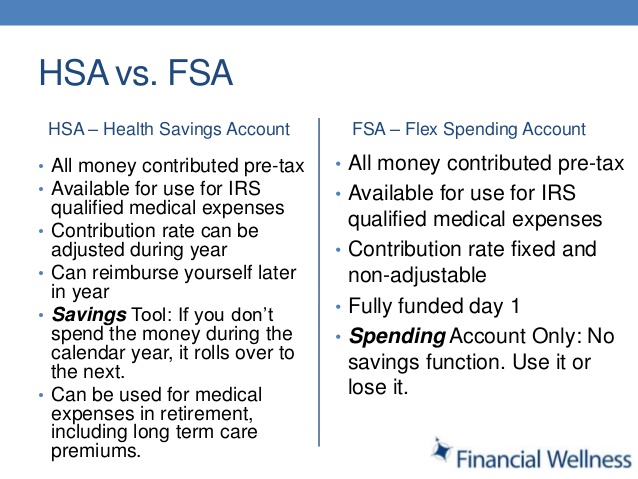Managed Care Program
However, unlike HMOs, PPOs enable plan members to seek care from specialists without being referred by a primary care specialist. These strategies utilize financial rewards to motivate participants to seek healthcare from carriers inside the network. A 2017 survey of the academic research study on Medicaid located it enhanced recipients' wellness as well as economic safety and security. Unlike Medicare, which is solely a government program, Medicaid is a joint federal-state program. Each state runs its own Medicaid system, but this system has to comply with federal standards in order for the state to get coordinating funds and also grants.
Who pays managed care?
PPOs are also the most popular form of Managed Care (Health Insurance In-Depth). Point of Service (POS) medical care limits choice, but offers lower costs when compared to HMOs and PPOs. Generally an individual chooses a primary health care physician within a health care network.
What Are Some Examples Of Managed Treatment Program?
Which one of the following choices was an outcome of managed care for physicians?


Costs are increased to younger, healthier individuals who are, in effect, subsidizing older or less healthy individuals. Cost sharing: Provision of healthcare insurance policy that requires policyholders to pay for a portion of their healthcare services; a cost control mechanism.
As an example, PPO insurance coverage plans will spend for out of network sees, and also a reference isn't necessary prior to visiting an expert, which can imply less brows through to your health care medical professional. Right here are are some vital points to take into consideration if you're choosing in between HMO and also PPO health insurance strategies. Locate out whether your state has a high-risk swimming pool that you can join if you have a significant wellness trouble and are incapable to discover insurance coverage with an exclusive insurer.
What are the disadvantages of managed care?
Managed care plans are a type of health insurance. They have contracts with health care providers and medical facilities to provide care for members at reduced costs. These providers make up the plan's network. How much of your care the plan will pay for depends on the network's rules.
- One of the most usual handled care economic plan, capitation, puts doctor in the role of micro-health insurance firms, thinking the obligation for taking care of the unidentified future healthcare expenses of their individuals.
- As Cox demonstrates, suppliers can not be adequately compensated for their insurance policy risks without compeling handled treatment organizations to come to be price uncompetitive vis-a-vis threat preserving insurance providers.
- All these results work against the stability of healthcare provider insurance policy threat assumption.
- Small insurance companies, like individual consumers, have a tendency to have yearly prices that rise and fall even more than bigger insurance providers.
- However, people who enroll in a taken care of care strategy ought to be aware of both the benefits and also the downsides of those plans.
Oral screenings are not required for EPSDT recipients, as well as they do not suffice as a direct oral recommendation. If a problem needing treatment is found during a dental testing, the state is responsible for spending for this service, no matter whether or not it is covered on that particular specific Medicaid plan. Unlike Medicaid, Medicare is a social insurance. program funded at the federal degree and focuses primarily on the older population.
These sorts of plans generally permit participants to receive treatment out of network, yet the member has to pay more than if they make use of a network company. This flexibility has made PPOs preferred, although premiums for PPOs are commonly more than those for HMOs. They frequently require participants to choose a health care doctor, from whom a referral is commonly required before receiving treatment from a specialist or other doctor. Rather than the "if it ain't damaged, don't fix it" mindset, handled treatment concentrates on preventive care as a method to lower medical care prices.
In general, wealthier individuals may pick PPO strategies while budget-minded customers will generally like HMOs. Nonetheless, for those who require to see experts typically, the PPO plan might be preferable despite the additional costs. For example, people with preexisting problems might need to pay even more although Obamacare will avoid business from holding back insurance coverage in the future.
What do you see as some of the most significant impacts of managed care for patients?
private health insurance market http://cruzyoxf756.huicopper.com/major-medical-medical-insurance-plans has shown that managed care plans reduce healthcare costs by reducing healthcare utilization (Glied 2000)[22] and by reducing prices paid to healthcare providers (Cutler et al.
Unlike taken care of treatment plans, there are no provider networks with indemnity strategies. These healthcare providers set their own prices, as well as your strategy covers a fixed percentage of the charges (established per service). Several strategies supply economic rewards to clinicians who reduce references as well as analysis tests, and also some also apply financial penalties, or disincentives, on those taken into consideration to have purchased unnecessary care. The primary watchdog and also accreditation company for taken care of care organizations is the National Board for Quality Assurance (NCQA), a non-profit organization that additionally accumulates and also shares health insurance plan performance data. Managed care plans are health-care delivery systems that integrate the financing and distribution of healthcare.